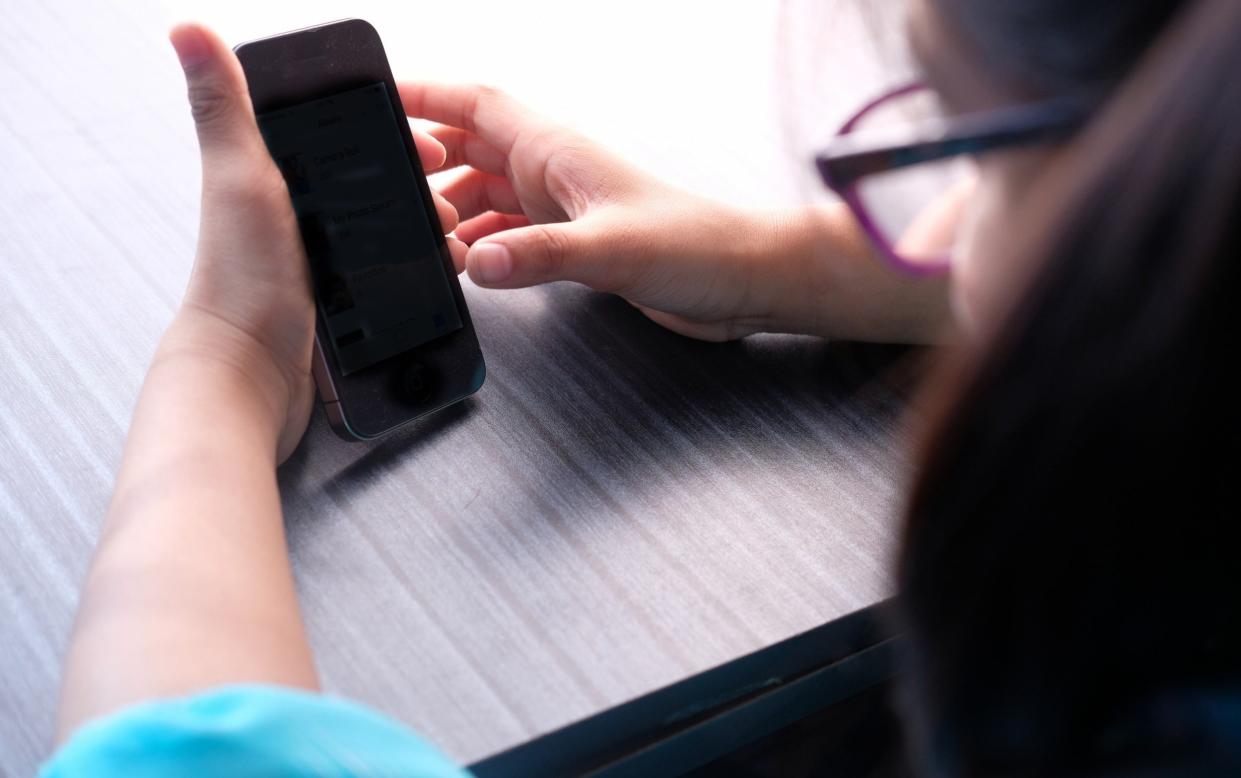I'm a doctor, and our children's addiction to screens terrifies me

She shuffles into my clinic – eyes glued to the floor, nervously clutching her mother’s hand. Her greasy hair descends lankly over her face, and I can smell that she is unwashed. Her mother speaks quickly: desperate to find a solution for her teenaged daughter’s disengaged behaviour.
This seventeen year old is one of a growing number of children I see as a GP who are dropping out of society – too anxious to attend school, too demotivated to eat, wash or dress. This child is at the extreme end, but her behaviour is part of an alarming phenomenon increasingly seen within the health and education systems.
Recent statistics have shown a stark increase in the number of 18-24 year olds economically inactive due to ill health. What exactly is making so many young people too sick to work?
The lockdowns have played their part. It was never wise to isolate young people, closing schools and sports clubs, whilst cordoning off public parks. Of course, the apocalyptic public health messaging was appalling and unnecessary. Mandating masks in schools will have undoubtedly exacerbated young people’s distress.
Yet the proportion of children with mental health conditions has been increasing steadily. In parallel to this, childhood obesity is rising. These serious public health problems are found across Western and industrialised countries, which suggests there are likely to be shared contributing factors.
From my perspective as a GP and parent, I am increasingly convinced that our society’s use of mobile devices, social media and gaming, is unleashing a significant degree of listlessness and melancholy on the younger generation. From the toddlers who clutch mobile phones in coffee shops, to the teenagers locking themselves in bedrooms using TikTok, we are raising a generation who are more interested in small electronic screens than they are in the world around them. Would Einstein have developed his genius on a diet of Peppa Pig? Would Roger Bannister have honed his sporting prowess spending hours playing Fortnite? The vulnerable, developing brains of Britain’s children are being irreversibly damaged by our society’s unwillingness to grapple properly with this issue.
The Government may wish to nurture a thriving digital technology sector, yet this cannot – must not – be done at the expense of the younger generation. Schools are quick to promote apps and are using more screen time in lessons, with children encouraged to log in at home. Tech companies offer time and effort-saving teaching materials, yet children already spend far too much time online. Interestingly, by contrast, the Chinese government has put curfews on gaming by minors, restricting use between 10pm and 8am.
From all the harms I see as a GP, I am convinced that legislation is needed to better protect children in this area. Far too many parents are unable or unwilling to supervise their children’s screen usage; even the most engaged and informed parents find it a constant battle. No-one believes it should be legal for a ten year old to visit a pub or nightclub at midnight, yet many children are currently able to roam the internet at any time, with all its dark corners. Their freedom to use devices and the internet for unlimited periods is coming at too great a cost.
As we are seeing, the deteriorating health of Britain’s children will ultimately impact our economic productivity. We cannot be a nation of enterprise and innovation, if we do not inspire and motivate young people. Unless steps are taken to reverse the mass addiction to screens, we will produce a generation of increasingly anxious, antisocial and obese children.
At the end of the consultation with the teenage girl, her mother tearfully asks me: “She will get better, won’t she, doctor?”
I find myself lost for words. In truth, for this girl, I fear we are too late.

